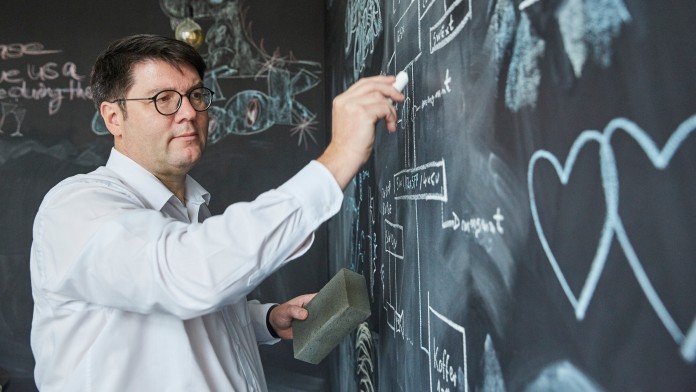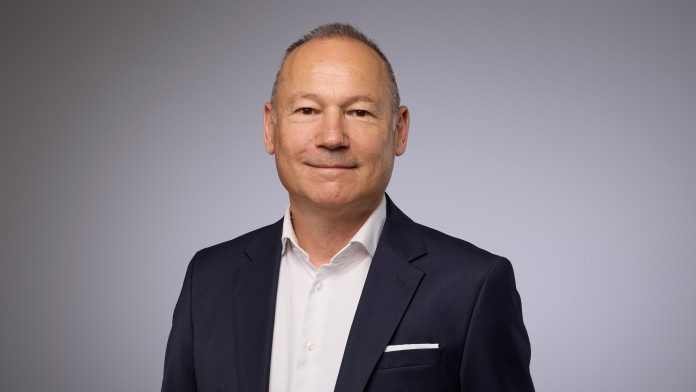News from 2020-02-18 / Group, Sustainability, Domestic Promotion
1000 concepts for the city of the future
KfW helps municipalities to combine climate protection, digitalisation and modern living
For municipal governments, the energy transition is a pressing challenge with significant cost issues. At the same time, the rehabilitation of entire city neighbourhoods – instead of just individual buildings – offers major savings potential. It enables energy-efficient measures on buildings and supply systems not only to be optimally coordinated, but also to address issues of mobility, digitalisation, and socially acceptable modernisation. This is the goal of the promotional programme Energy-efficient Urban Rehabilitation from the German Federal Government and KfW. KfW offers grants to municipal governments for the creation of integrated rehabilitation concepts for neighbourhoods and the implementation of such concepts by a rehabilitation management organisation. More than one thousand municipalities have submitted their concepts to the programme so far. The one thousandth concept, from the city of Zwickau in the German state of Saxony, was therefore recognised on 18 February at a panel discussion of experts in Berlin.
The city of Zwickau is looking to establish an energy-efficient neighbourhood of the future. The concept is designed to secure the long-term sustainable development of the neighbourhood and to significantly reduce greenhouse gas emissions. Ideas such as energy playgrounds or public wi-fi networks are investigated along with barrier-free access concepts and a modern power supply from renewable energy sources, for example. Together with the "neighbourhood of the future", a research centre is planned at West Saxon University of Applied Sciences, which will focus on combined research into mobility, electricity, and digital capacity. The residents of Zwickau will also participate in drawing up the concept in task forces, for example. In this way, climate protection, digitalisation and modern living shall be integrated. KfW promotes the concept creation with a grant of over EUR 117,000. Since the programme started nine years ago, KfW has provided over EUR 87.3 million in grants to a total of 1,386 such concepts. The projects themselves are diverse and are situated not only in large cities, but also in rural areas and smaller towns, from residential estates to historic inner-city districts.
An example of energy-efficient rehabilitation from the Potsdam-Drewitz area can be found at KfW Stories.



Share page
To share the content of this page with your network, click on one of the icons below.
Note on data protection: When you share content, your personal data is transferred to the selected network.
Data protection
Alternatively, you can also copy the short link: https://www.kfw.de/s/enkBbm2u.CKqA
Copy link Link copied